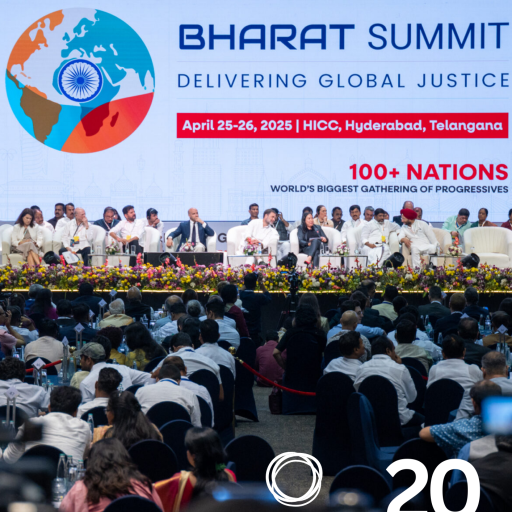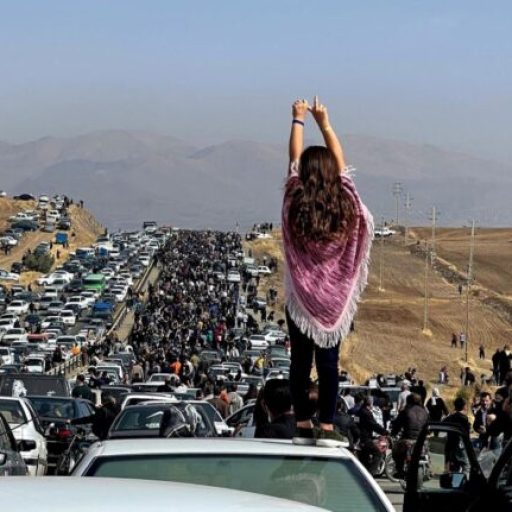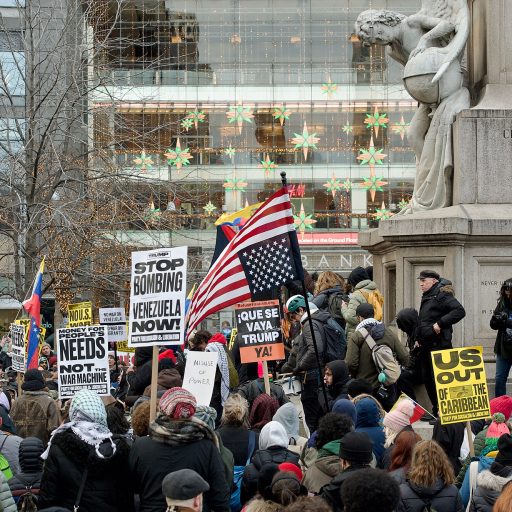By President of the Socialist Party, Argentina (Partido Socialista PS), Antonio Bonfatti
Argentina is no stranger to the COVID 19 pandemic, like the rest of the world.
The government that took office on 10 December 2020 was forced to face up to the consequences in scarcely 90 days.
It should be remembered that the neo-liberal government of President Macri left us with a poverty rate of 34%, inflation of 40%, a crippling and unpayable foreign debt, the destruction of regional economies, foreign dependence with strong foreignisation of key companies, a minimal state with poor health and education indicators, and the devastation of the scientific and technological system.
From that point onwards, the current government was not yet able to show its government plan as set out in the election campaign.
The decision to tackle COVID 19 was, in our opinion, ill-advised. With the excuse of preparing the hospitals and critical beds with the necessary supplies and technology, a strict quarantine was implemented for the first 70 days, even in the whole of the Argentine territory where there were no cases. To think of a country with an extension of 3500 km from South to North, where only the city of Buenos Aires registered cases.
Schools, shops, industries, public offices, courts of justice, etc. were closed.
The economic activity suffered significantly with an important impact on many sectors, which caused the bankruptcy of many of them…
Today, it is estimated that Argentina’s GDP has fallen by 13%.
The government appealed to a law to avoid layoffs, but one cannot cover the sun with one’s hands. There are no resources to face the salaries and the energy among so many other obligations.
One of the most affected sectors was the self-employment and informal jobs, which in Argentina are around 34% (plumbers, painters, carpenters, electricians, blacksmiths, etc.).
The government decided to grant monthly allowances (now 3 months) of $10,000 (US$100) to alleviate the situation of these people and to help companies pay salaries. Also limited credits at zero rate.
All this is insufficient. Today the minimum monthly income for a typical family is valued at $58,000 (USD 580).
Unemployment has risen to 17.8% and poverty to 41.3% with 13% destitution. Unacceptable for a potentially rich country like Argentina which produces food for 450 million people in the world.
Faced with social pressure to open up gradually so as not to exacerbate the economic and social consequences, the government began to remove restrictions on movement after 70 days, when the virus had only just begun to circulate in the community. This caused the exponential multiplication of cases and the spread of the virus throughout the country.
Today Argentina reports 736,000 cases and 19,564 deaths.
There are provinces with overcrowded critical beds and patients who die without proper care.
The population, fed up with 7 months of quarantine and restrictions, no longer obeys any directives from the authorities.
In addition, political tensions have arisen within the government and with the opposition over the attitudes of the current Vice-President in a clear attempt to protect herself from prosecution in the many corruption cases she has brought during her previous term as President.
A case in point is a bill to supposedly improve the justice system, which is nothing more than the multiplication of the current judicial structure and the appointment of judges to guarantee impunity.
These and other measures have strained the political field, and the situation of the pandemic is compounded by people’s discontent with politics, which generates an appropriate breeding ground for right-wing expressions that are contrary to democracy.
Such is my observation of the reality in Argentina as of October 2, 2020.
Antonio Bonfatti
President of the Socialist Party




![Headline: Hier bitte das Thema [ Headline] 24.10.25, Lucerne, Switzerland, Progressive Alliance PA women conference](https://progressive-alliance.info/wp-content/uploads/elementor/thumbs/MAW251024mw859033AdobeRGB-scaled-recq0qxu9kb6pncdi2i7wo6ttne03ppnu58zxxdc74.jpg)
![Headline: Hier bitte das Thema [ Headline] 25.10.25, Lucerne, Switzerland, Progressive Alliance PA women conference](https://progressive-alliance.info/wp-content/uploads/elementor/thumbs/MAW251025mw860402AdobeRGB-scaled-recs8kegm3kqlleif2kq512xsjz2qfl3t7kc0t0tts.jpg)